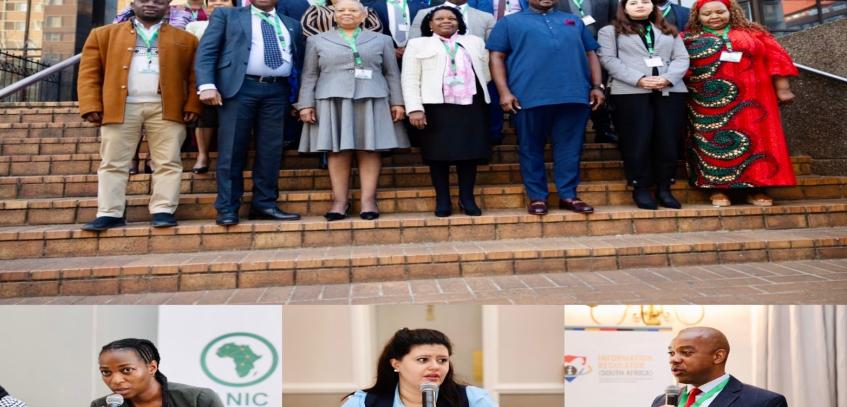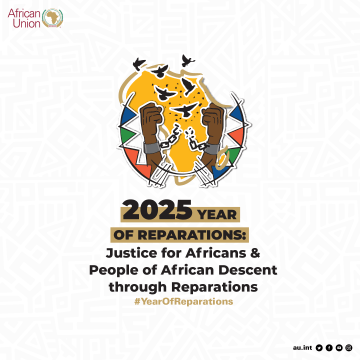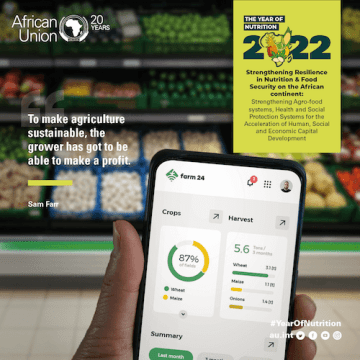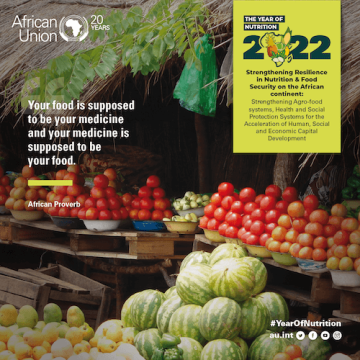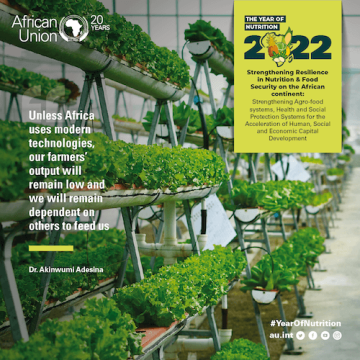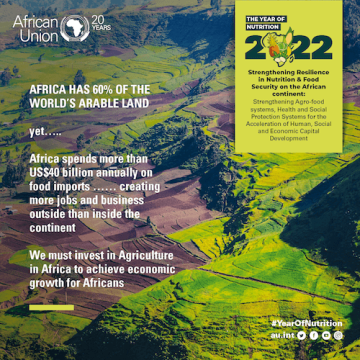25 May, Johannesburg, South Africa - The African Peer Review Mechanism took part in the General Assembly meeting of the Network of Information Commissions (ANIC) which was successfully held from May 23-24, 2024 in Johannesburg, South Africa. The event brought together Information Commissioners, Ombudsmen, regulatory authorities, and stakeholders committed to promoting and protecting the right to information across Africa in collaboration with UNESCO. Founded in March 2019, ANIC was established by African governments to create a formal forum for dialogue, cooperation, and the exchange of knowledge and experiences among its members. The Information Regulator of South Africa (IRSA) was elected as the interim Chair and secretariat of ANIC, with the overarching goal of ensuring access to information rights are upheld on the continent. The network includes a diverse array of Information Commissioners and regulatory bodies dedicated to transparency, accountability, and the enforcement of information access laws.
The two-day workshop featured a comprehensive program with various discussions, and strategic planning sessions including preparations for the International Day for Universal Access to Information (IDUAI) Plans which will take place in Ghana on September 28, 2024; and ii) Opportunities in the Digital Age: discussed the African Alliance for Access to Data, emphasizing advancements in the access to information agenda; iii( Country Insights: Representatives from Namibia, Zimbabwe, Kenya, Uganda, Sierra Leone, Seychelles, and South Africa shared their experiences and strategies for improving ATI reporting within the VNR process.
During this meeting, the APRM hosted a session on and Access to Information (ATI) (SDG 16.10) reporting in the 2024 African Voluntary national reviews (VNRs) The session, moderated by Ms. Bernadette Yiga, Agenda 2063 Researcher and Ms. Sara Hamouda, Agenda 2063 and SDGs Officer at the APRM Continental Secretariat provided valuable insights on VNR guiltiness and the interlinkages with Agenda 2063 reporting. During the APRM’s presentation, the pivotal role that it played in supporting AU member states in the preparation of Voluntary National Reviews (VNRs) for presentation at the High-Level Political Forum on Sustainable Development (HLPF) was highlighted as well as the role of APRM national structures in reporting on Aspiration 3 – Africa with good governance, respect to human rights and rule of law.
Moreso, by 2024, 53 African countries will have completed at least one VNR submission since adopting the agenda 2030. The 2024 HLPF will feature presentations from 13 African nations, including South Sudan, Uganda, Kenya. Sierra Leone, Mauritius, Zimbabwe and Namibia, marking their first, second, or third VNR submissions.
APRM highlighted exemplary practices achieved thus far such as the enhancement of governance ecosystems for VNR preparation, digitalization efforts enhancing justice access and information dissemination and multi-stakeholder engagement, including academia and civil society, in the VNR process. Despite this many challenges are still experienced such as the limited legislative engagement in SDG and Agenda 2063 implementation, financial constraints and reporting fatigue and capacity building needs for SDG focal points. Hence ensuring public access to information is a critical component of inclusive decision-making and is integral to building trust in government. While the African Union promotes ATI through various treaties, effective implementation is hindered by limited internet access and political leadership challenges. Raising awareness of ATI's significance, coupled with investments in digital literacy and robust follow-up mechanisms, is essential for improving governance and public service delivery.
The two-day seminar concluded with a keynote address by Deputy Minister of Justice and Constitutional Development in South Africa, Mr. John Jeffrey, MP. He delivered an inspiring keynote address on the role of Information Commissions as enablers for the promotion, protection, and monitoring of human rights in Africa. Key aspects of his speech included the importance of constitutional and legislative guarantees for access to information, citing South Africa's Promotion of Access to Information Act of 2000.
The Deputy Minister discussed the global impact of misinformation and disinformation, stressing the vital role of Information Commissions in countering these threats by ensuring public access to accurate information. He acknowledged the evolving challenges posed by new technologies and globalization on human rights, advocating for robust legal frameworks and enhanced digital literacy to combat misinformation and disinformation. The AGM concluded with the election of new members to the ANIC Executive Committee and strategic planning for the upcoming year. ANIC's efforts to foster cooperation and knowledge-sharing among African nations continue to be pivotal in advancing the right to information and strengthening democratic governance across the continent.
It is worth highlighting that APRM continental secretariat equally supported the UN ECA regional preparations workshop on Africa’s VNRs in Addis Ababa, 22 April on the margins of the Africa sustainable development forum (ARFSD-10). It equally supports the national validation of VNRs in some countries including South Africa, Sierra Leone, Namibia and Zimbabwe during May-June 2024.

